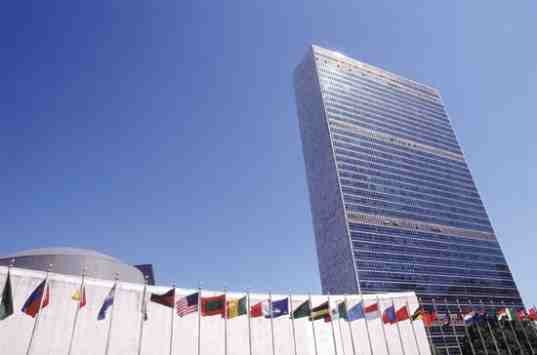A United Nations officer's statement over China's newly approved security law was firmly rejected and met with dissatisfaction by Chinese government officials. The statement was issued by the international organization on July 9, Thursday.
Zeid Ra'ad Al Hussein, the High Commissioner for Human Rights, said in a statement released on Tuesday that China's security law "raises many concerns due to its extraordinarily broad scope coupled with the vagueness of its terminology and definitions."
The High Commissioner added that China's new security law "leaves the door wide open to further restrictions of the rights and freedoms of Chinese citizens."
In a press briefing, Foreign Ministry spokesperson Hua Chunying expressed the country's "strong dissatisfaction" with the statement, stating that China is against it.
"The statement is a groundless accusation about China's normal legislation and an interference in China's domestic affairs, which is unprofessional," she said.
According to Hua, China's new security law covers important areas of national security. Among its goals is to improve legal construction, solve universal and prevailing problems concerning national security, establish rules and systems, and define basic principles and tasks to protect national safety.
Hua went further on and said that the security of the people as well as the protection of every Chinese person's fundamental interests are at the heart of the new law, which are evident in the law's seventh article. The protection of citizens' rights and freedom in accordance with laws is also indicated.
In an interview with the Global Times, Li Wei, an anti-terrorism expert at the China Institutes of Contemporary International Relations, expressed the U.N. official's seeming ignorance about legislation in China.
"The statement showed that the U.N. official had no idea about the legislation of national security laws and the global trend of changes on connotation and extension of law," said Li. If the statement was intentional, this could lead to damage the country's image and hinder any development in international relations.






















